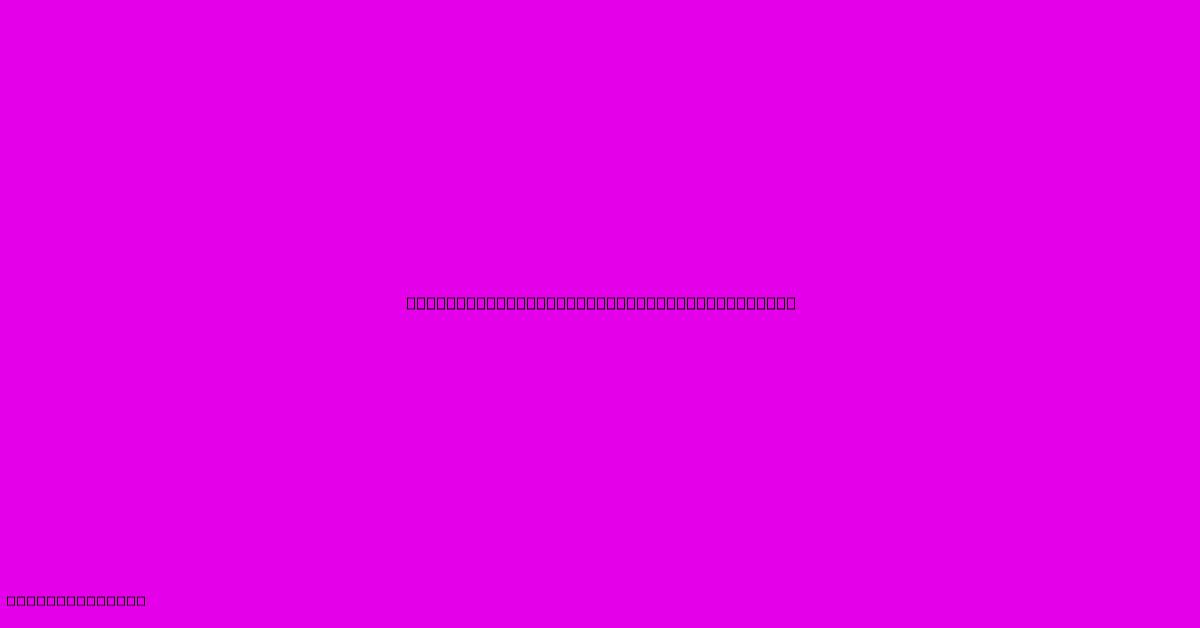Poilievre Urges Governor General Action

Discover more detailed and exciting information on our website. Click the link below to start your adventure: Visit Best Website mr.cleine.com. Don't miss out!
Table of Contents
Poilievre Urges Governor General Action: A Deep Dive into the Political Maneuvering
Pierre Poilievre's recent call for Governor General Mary Simon to intervene in the ongoing political climate has ignited a firestorm of debate across Canada. This article delves into the specifics of Poilievre's demands, analyzes the potential implications, and examines the broader context of this unprecedented political move.
Understanding Poilievre's Call to Action
Poilievre, the leader of the Conservative Party of Canada, has publicly urged the Governor General to take action against the Trudeau government, citing concerns over [insert specific grievances cited by Poilievre, e.g., alleged government overreach, economic mismanagement, etc.]. His call is not for a simple statement of disapproval, but rather a more active intervention, the nature of which remains somewhat undefined. This vagueness fuels speculation and intensifies the political tension.
The Role of the Governor General
The Governor General's role in the Canadian political system is largely ceremonial, representing the reigning monarch, King Charles III. However, the office does hold certain reserve powers, which are rarely exercised. These powers typically come into play during constitutional crises or situations of governmental deadlock. Poilievre's call implies a belief that such a crisis exists, a claim that's highly contested.
Analyzing the Potential Implications
The implications of the Governor General acting on Poilievre's request are significant and far-reaching. Potential scenarios include:
-
Dismissal of the Government: This is the most dramatic and least likely scenario. The Governor General would need to be convinced that the government has lost the confidence of the House of Commons, a condition that's not currently met. Such a move would plunge Canada into uncharted political territory.
-
Calling a Snap Election: This option holds more plausibility than dismissal, although still unlikely. The Governor General could call a snap election if convinced the current government is unable to effectively govern. However, such a decision would also be highly controversial.
-
Formal Inquiry or Investigation: A less drastic yet impactful action would be the initiation of a formal inquiry into the issues raised by Poilievre. This could shed light on the government's actions and potentially expose wrongdoing, influencing public opinion.
-
Public Statement of Concern: A relatively minor, yet still notable, action would be a public statement from the Governor General expressing concern over the situation. While not a direct intervention, this could still place pressure on the government.
The Broader Political Context
Poilievre's actions must be understood within the larger context of current Canadian politics. His party is currently in opposition, and this move can be seen as an attempt to:
-
Gain Political Leverage: By pushing the boundaries of conventional political maneuvering, Poilievre aims to garner attention and potentially shift the political narrative.
-
Mobilize the Conservative Base: This action resonates with a segment of the population who distrust the current government. It serves to energize this base and consolidate support.
-
Challenge the Status Quo: Poilievre's call is a direct challenge to the established norms and conventions of Canadian governance. It reflects a desire for more decisive action and a greater degree of accountability.
Conclusion: An Unprecedented Move with Uncertain Outcomes
Pierre Poilievre's urging of the Governor General to intervene is an unprecedented move with potentially significant, yet uncertain, consequences. Whether his actions lead to any tangible change remains to be seen. The situation underscores the deep political divisions within Canada and highlights the ongoing debate over the proper role of the Governor General in a modern democracy. The coming weeks and months will undoubtedly be crucial in determining the lasting impact of this bold political gambit.

Thank you for visiting our website wich cover about Poilievre Urges Governor General Action. We hope the information provided has been useful to you. Feel free to contact us if you have any questions or need further assistance. See you next time and dont miss to bookmark.
Featured Posts
-
Indian Smart Lean Technology
Dec 21, 2024
-
Advanced Integration Technology Jobs
Dec 21, 2024
-
Torstone Technology
Dec 21, 2024
-
Barcelona Vs Atletico Kekuatan Barca Tanpa Yamal
Dec 21, 2024
-
Caddo Kiowa Technology Center
Dec 21, 2024
